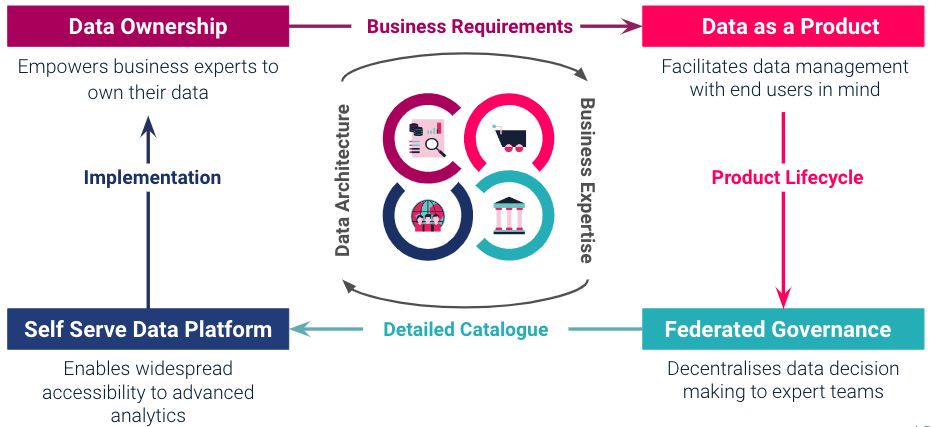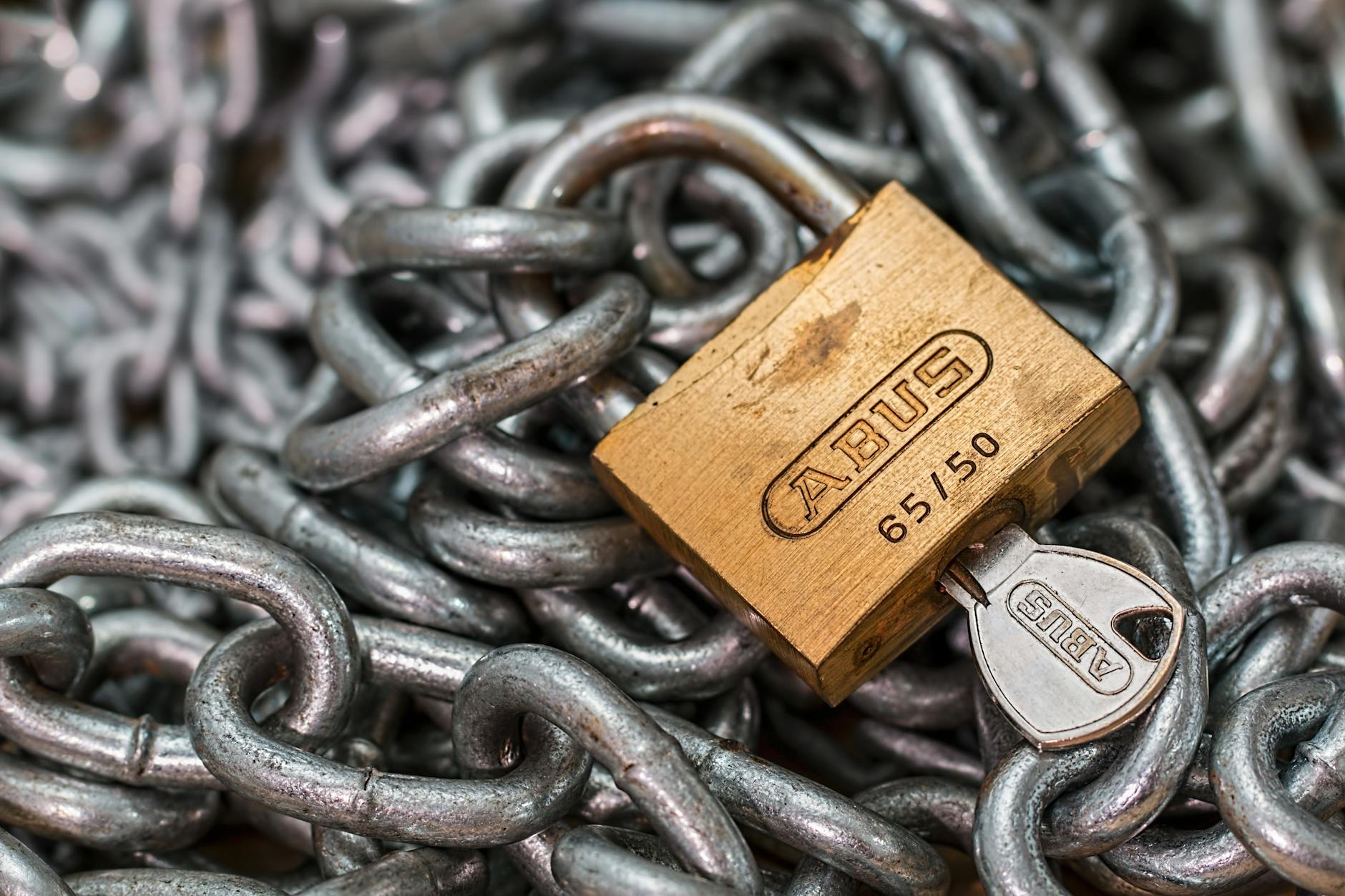Uncover the truth about data ownership: Does your personal information really belong to you or someone else? Find out now!
Table of Contents
Hey there, dear educators turned data analysts! Today we’re diving deep into the world of data ownership and why it’s essential for your data analysis journey. Buckle up as we unravel the mysteries behind who owns your data and why it matters so much in your role as a budding data analyst.
What is Data Ownership?
Let’s start with the basics. Data ownership refers to the legal rights and responsibilities associated with data. It’s all about understanding who has control over the data, who is accountable for its accuracy and security, and who can use it for various purposes. As a teacher transitioning into a data analyst role, grasping the concept of data ownership is crucial for ensuring your data analytics processes are conducted ethically and effectively.
Why Data Ownership Matters in Data Analysis?
Now, you might be wondering, why does data ownership matter so much in the realm of data analysis? Well, dear educators, understanding data ownership is like setting the foundation for a stable data analysis house. When you know who owns the data you’re working with, you can ensure its integrity, privacy, and compliance with regulations.
As a data analyst, recognizing the importance of data ownership can help you build trust with stakeholders, maintain data quality, and make informed decisions based on reliable information. It’s like knowing the key to unlock a treasure trove of valuable insights hidden within your data.
Establishing Clear Data Ownership Guidelines
So, how can you establish clear data ownership guidelines in your data analysis projects? Start by defining roles and responsibilities within your data team. Ensure that everyone understands who owns the data at each stage of the analysis process and who is accountable for its accuracy and security. By establishing transparent guidelines, you can avoid confusion, data breaches, and conflicts down the road.

Image courtesy of www.linkedin.com via Google Images
The Impact of Data Ownership on Data Security
Data security is a hot topic in today’s digital age, and data ownership plays a significant role in safeguarding sensitive information. Knowing who owns the data ensures that proper security measures are in place to protect it from unauthorized access, loss, or manipulation. As a teacher venturing into the world of data analysis, prioritizing data security through clear data ownership can help you build a strong foundation for your data-driven initiatives.
Ensuring Data Accuracy Through Ownership
Accuracy is key in data analysis, and data ownership can contribute to maintaining data integrity throughout the analysis process. When data ownership is clearly defined, individuals are more likely to take responsibility for the accuracy of the data they work with. This accountability leads to higher-quality data, which forms the basis for reliable analysis and informed decision-making.

Image courtesy of www.artefact.com via Google Images
Conclusion
As you embark on your journey from teaching to data analysis, remember that data ownership is like the compass guiding you through the vast ocean of data. By understanding who owns your data, why it matters, and how to establish clear data ownership guidelines, you can navigate the waters of data analysis with confidence and integrity. So, educators turned data analysts, embrace data ownership as a cornerstone in your quest for meaningful insights and impactful decision-making!

